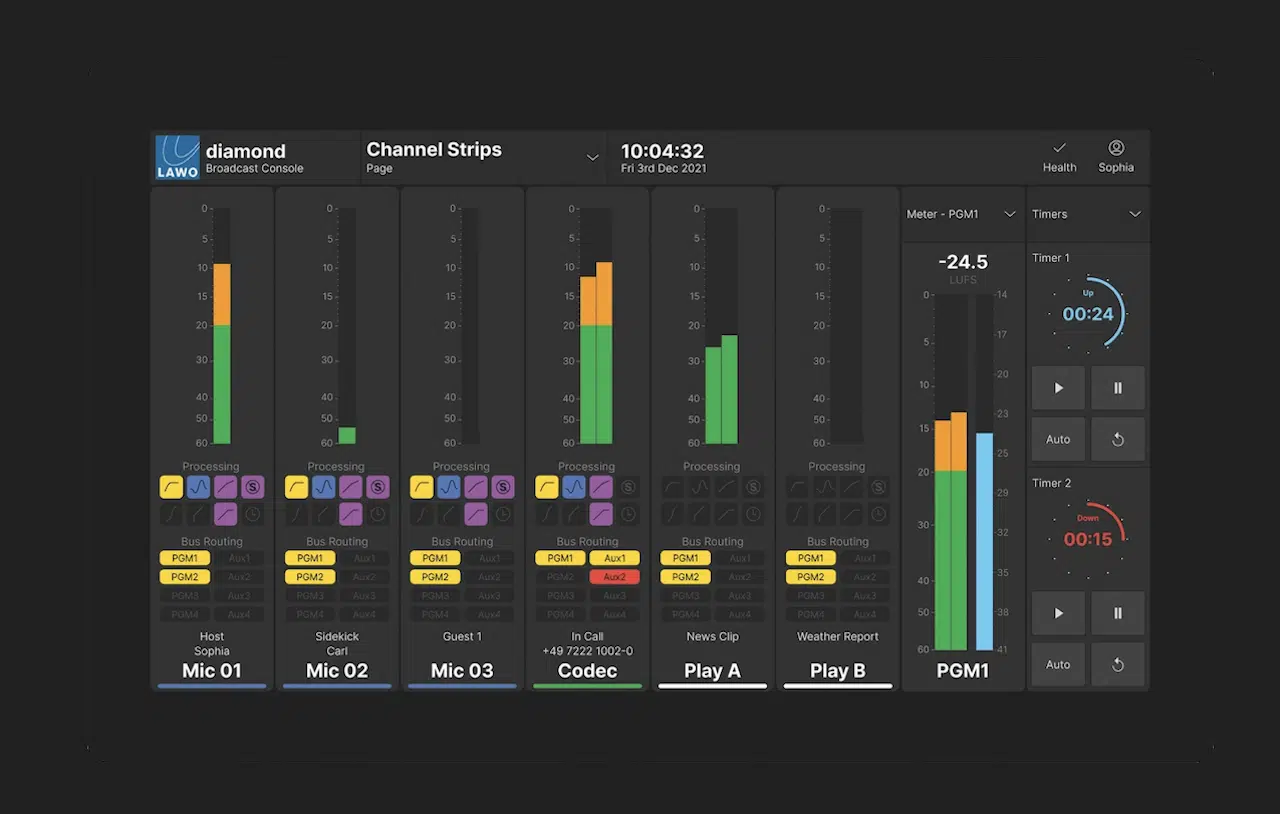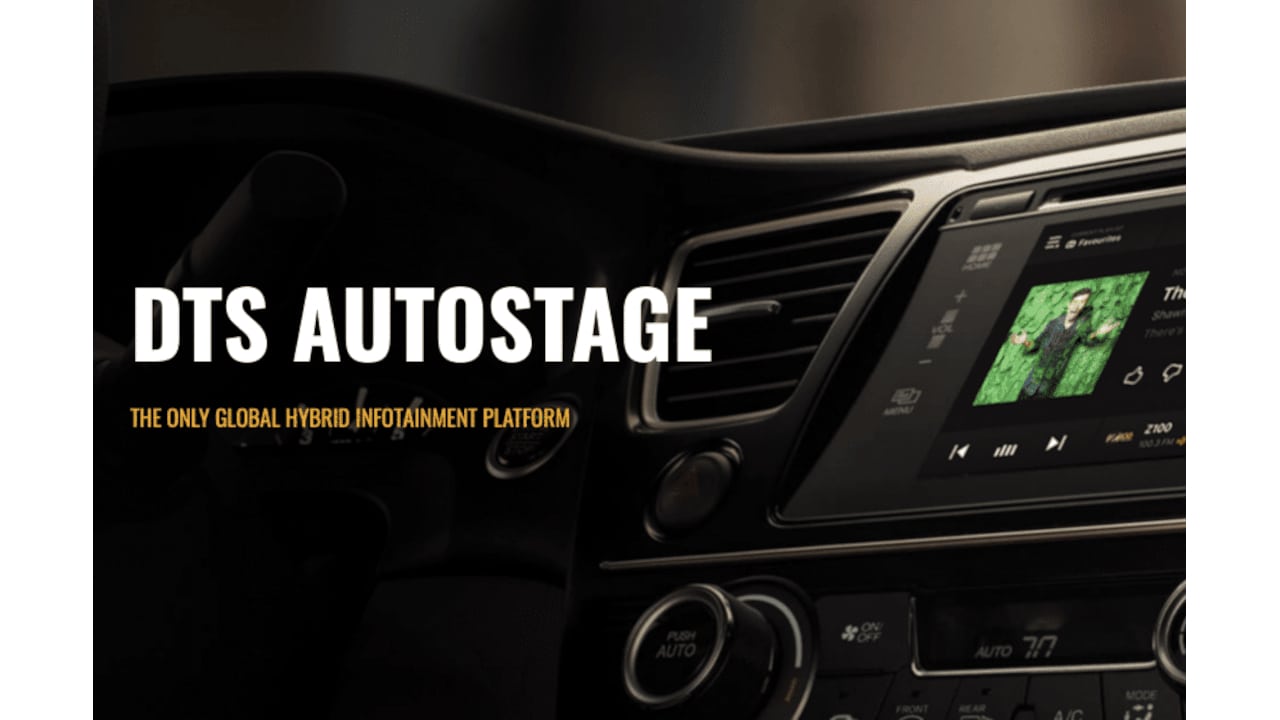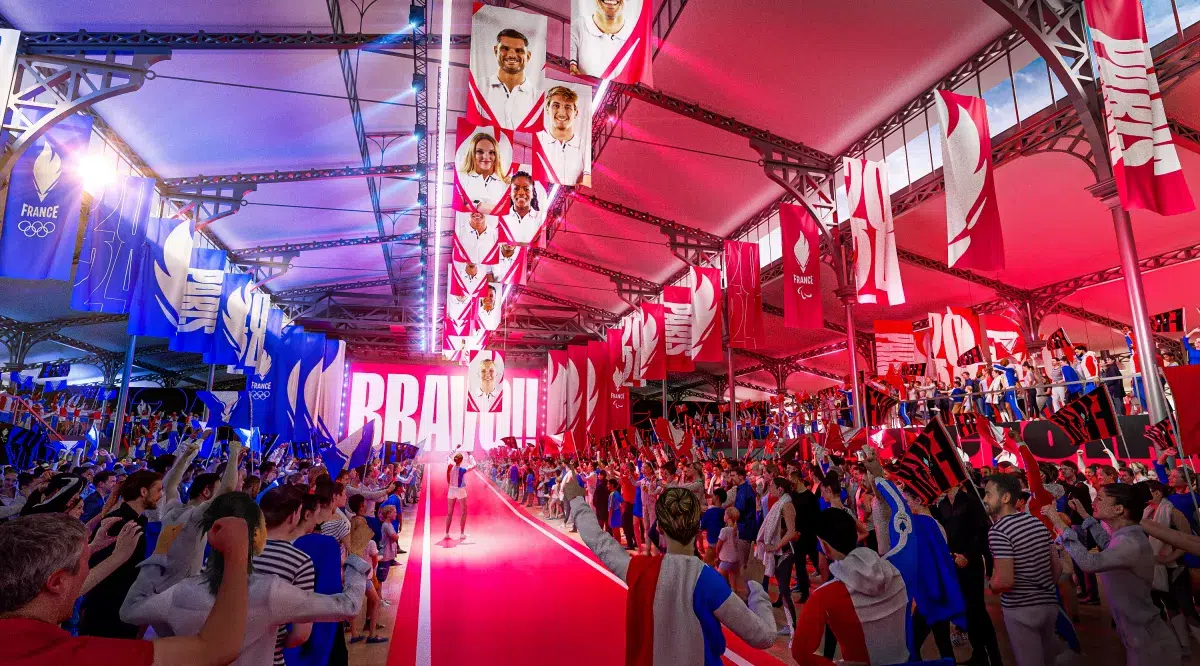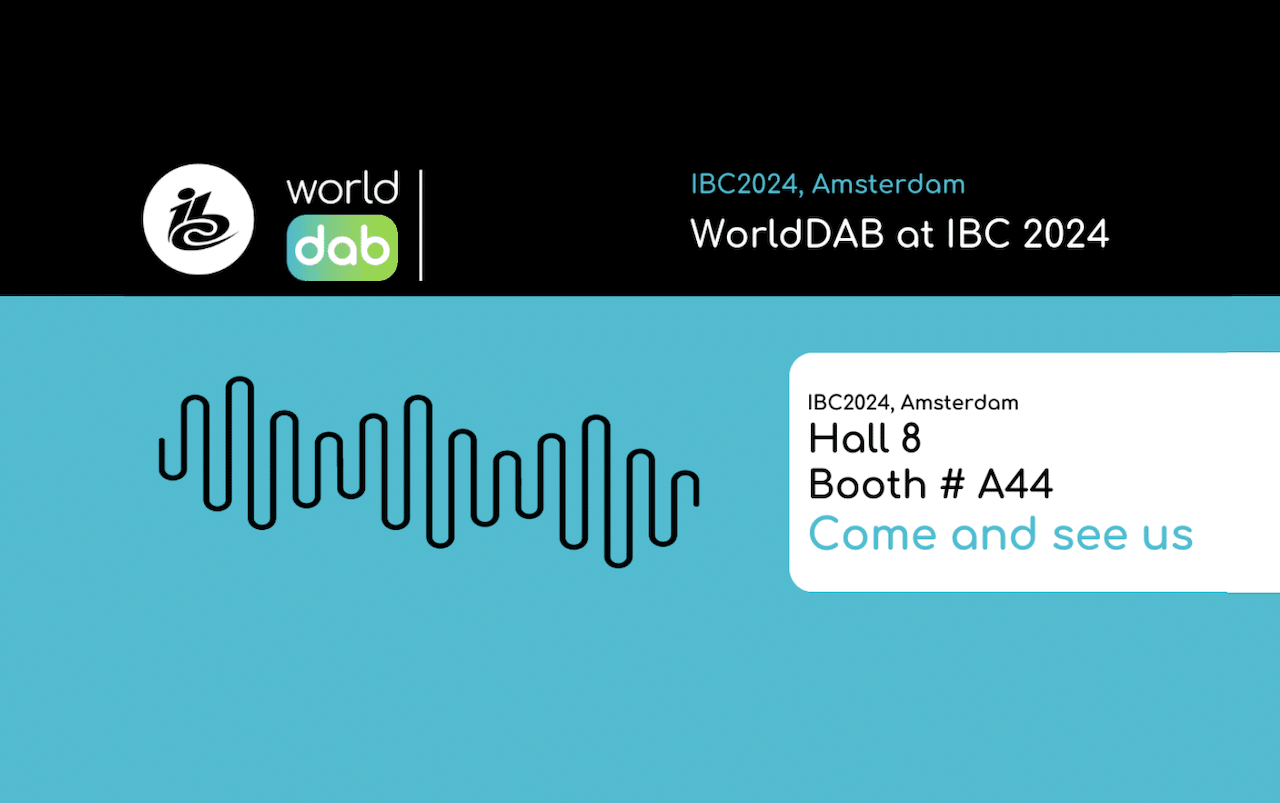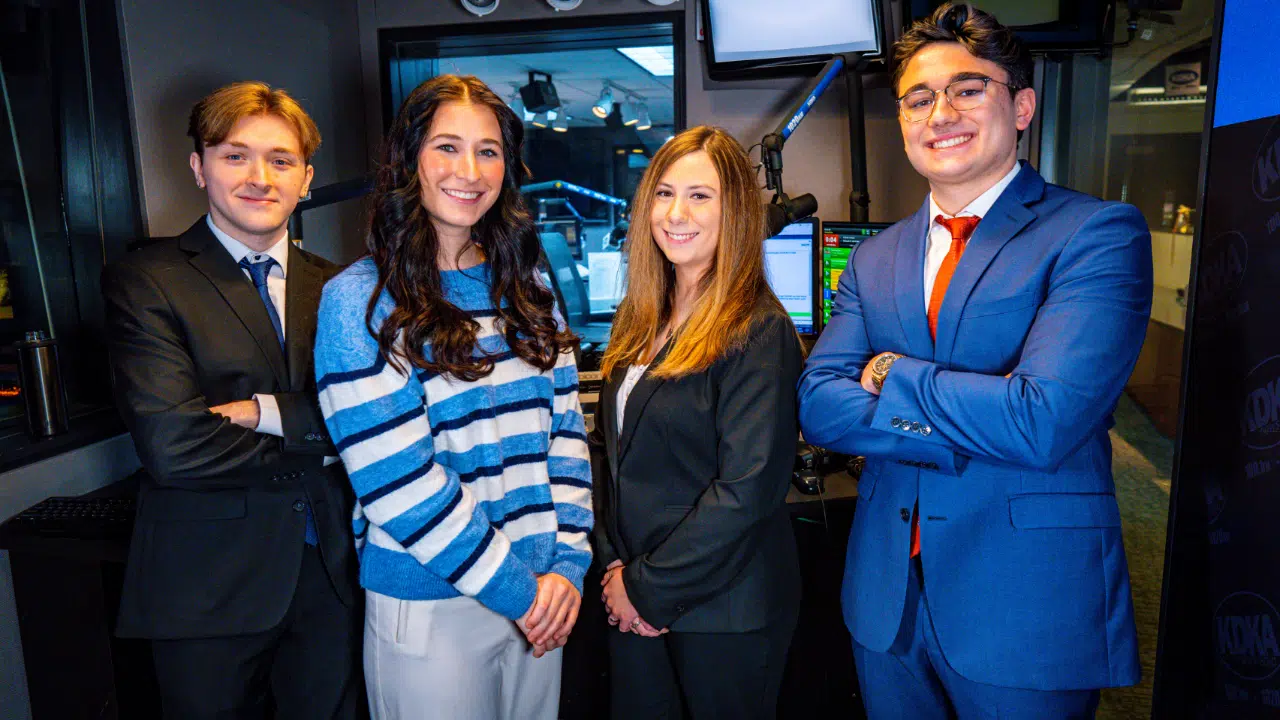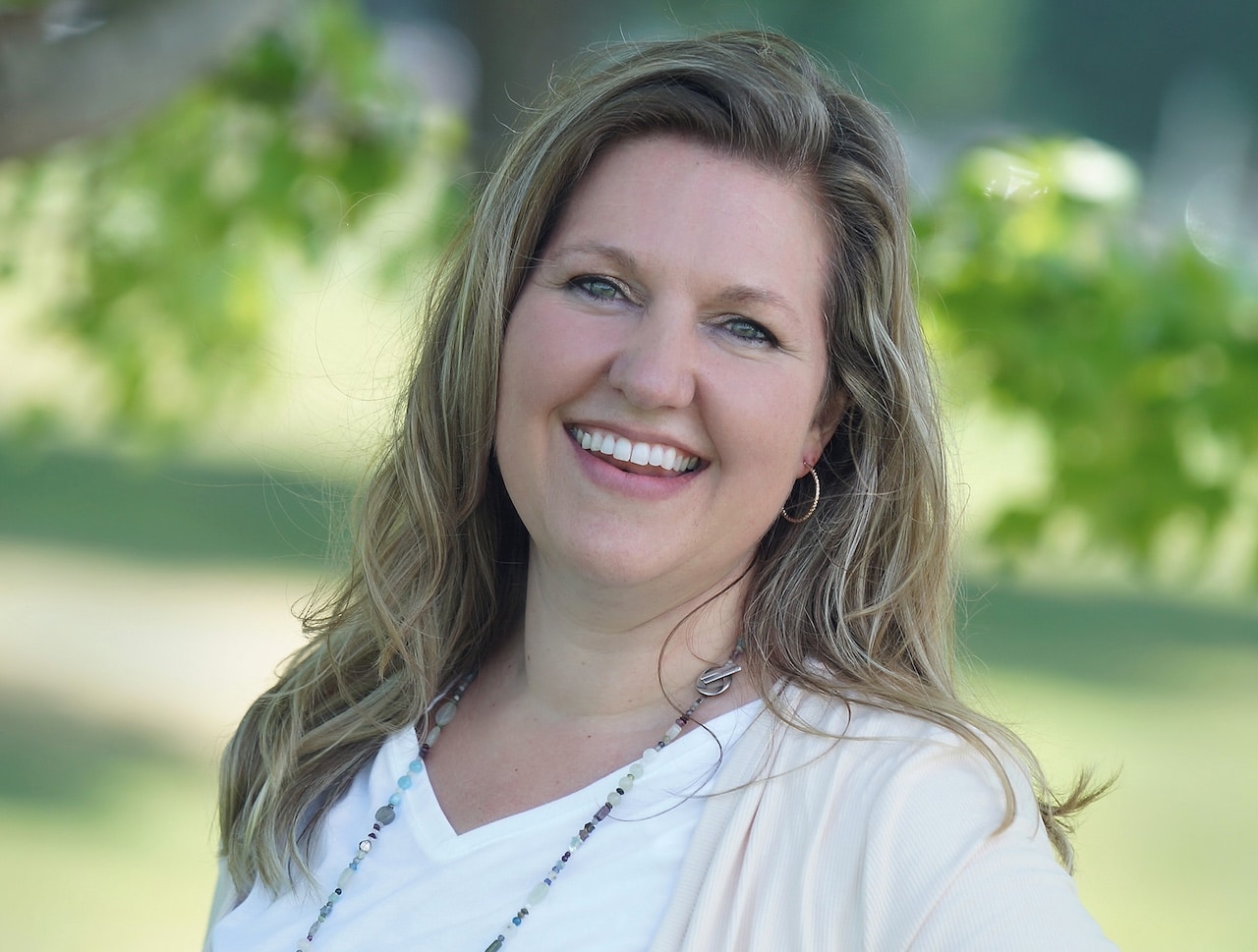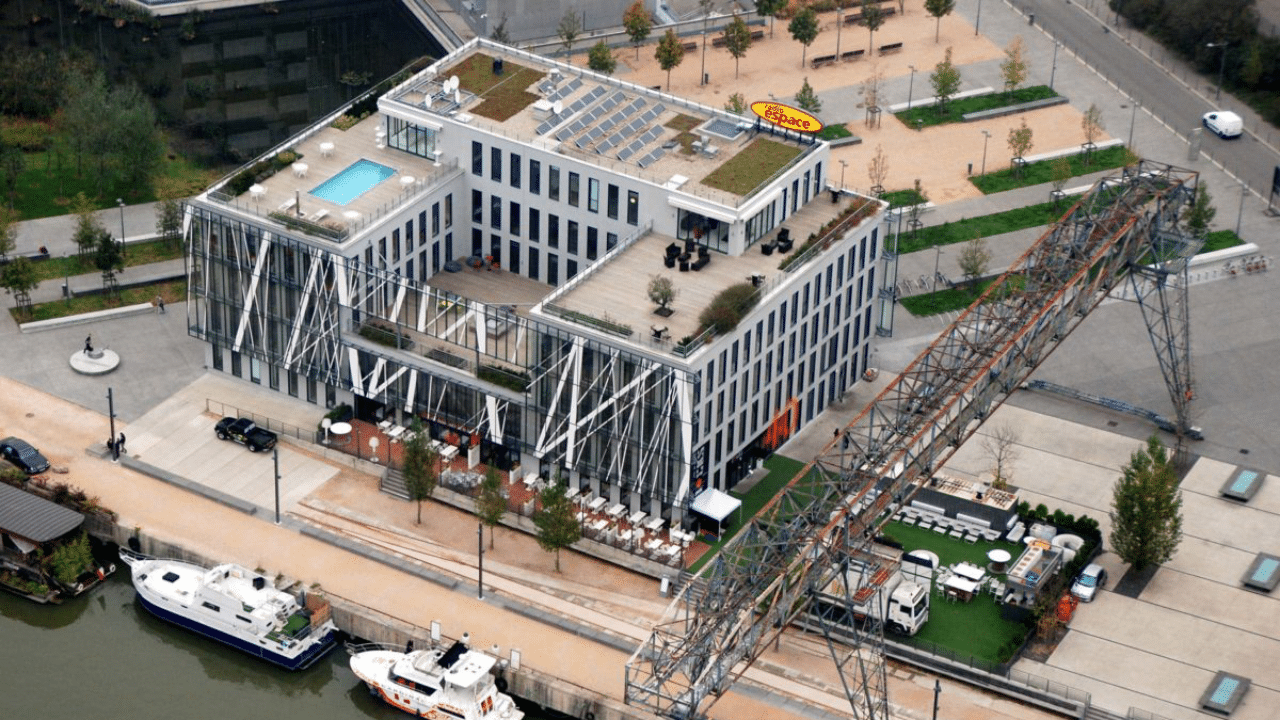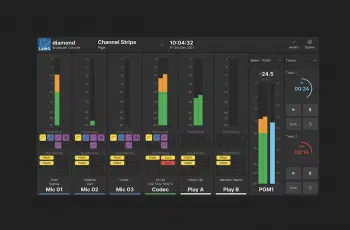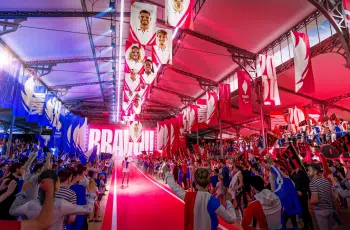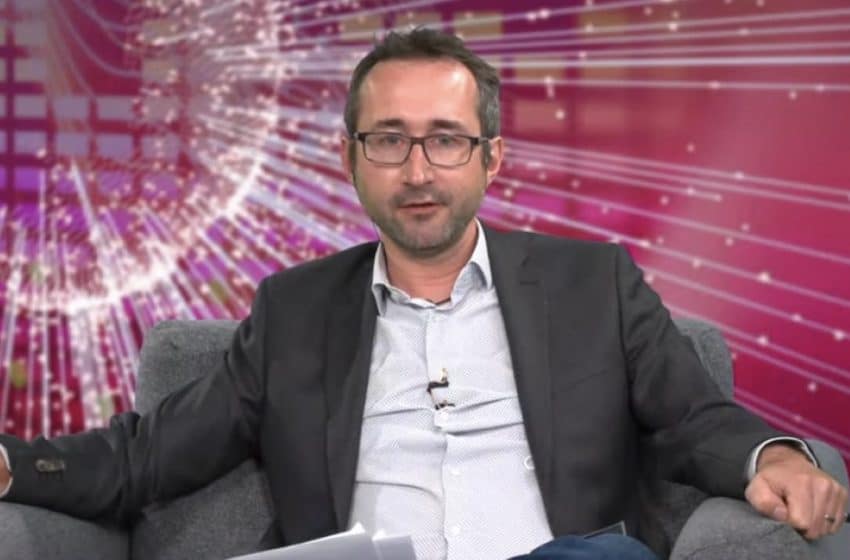
GENEVA — The 2022 edition of the European Broadcasting Union’s Digital Radio Summit took place virtually from the EBU’s headquarter on Wednesday Feb. 16. This year’s EBU’s flagship event on radio shifted its focus from the concept of “broadcasting” to a wider one of “audio experience.”
Radio was born live, but the increasingly wider availability of non-linear listening possibilities requires immediate attention to not lose the established radio prominence in audio content listening.
Wherever, Whenever
Ben Poor, EBU project manager, chaired the event, and said: “To me, radio is something that sounds like radio, regardless of where it’s experienced or when it’s experienced.”
James Cridland, editor of Podnews, invited delegates to think about a sentence included into the description of a recent U.S. patent application: “Traditional broadcast radio spends billions of dollars creating millions of hours of creative audio content that is only used once.”
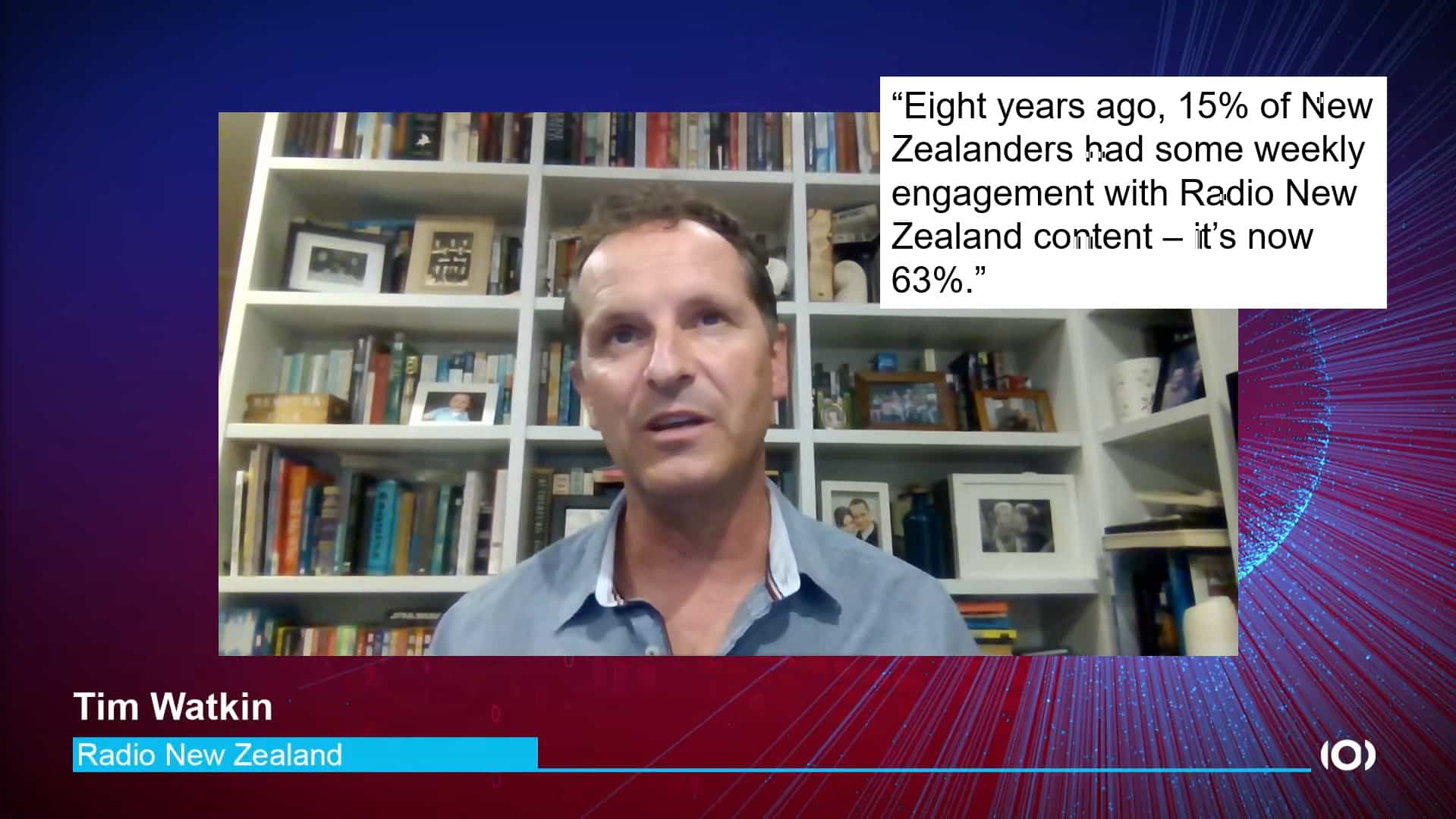
Tim Watkin, executive producer at Radio New Zealand, presented his “radical sharing” strategy, which is the opposite in comparison to other broadasters’ policies: RNZ makes its content available as a podcast on any platform, and this policy is returning sound results.
Watkin said eight years ago 15% of New Zealanders had some weekly engagement with Radio New Zealand content, now it’s 63%. According to the broadcaster’s data, “The Detail” (one of their flagship news podcasts) is now reaching four times as many people as it would have done if only available via RNZ’s own platform.
Improving User Experience
During the “Innovation” session Sébastien Noir, head of software engineering at the EBU Technology and Innovation department, demonstrated how it’s possible to apply a combination of EBU technologies and tools to podcasts, helping content producers deliver a better user experience to their audience.
Aleksandra Gojkovic, BBC researcher, unveiled the result of an extensive audience research commissioned by the organization to understand audience needs and barriers preventing content fruition in cars. The research uncovered a complex ecosystem of needs and mediating factors that influence the audio choices people make.
While concluding the event, Poor revealed that this 2022 edition would be the last Digital Radio Summit. The event, which each year for the last 12 years brought together radio professionals from around will no longer take place, at least not in its present form. “We want to have the same topics, the same discussions — as you can see there is so much to discuss — but maybe in a slightly different event,” Poor concluded.



